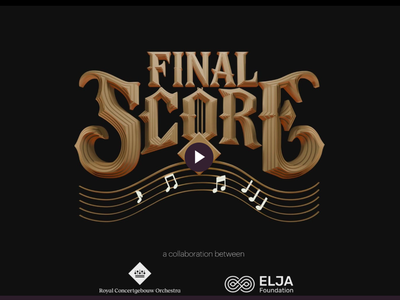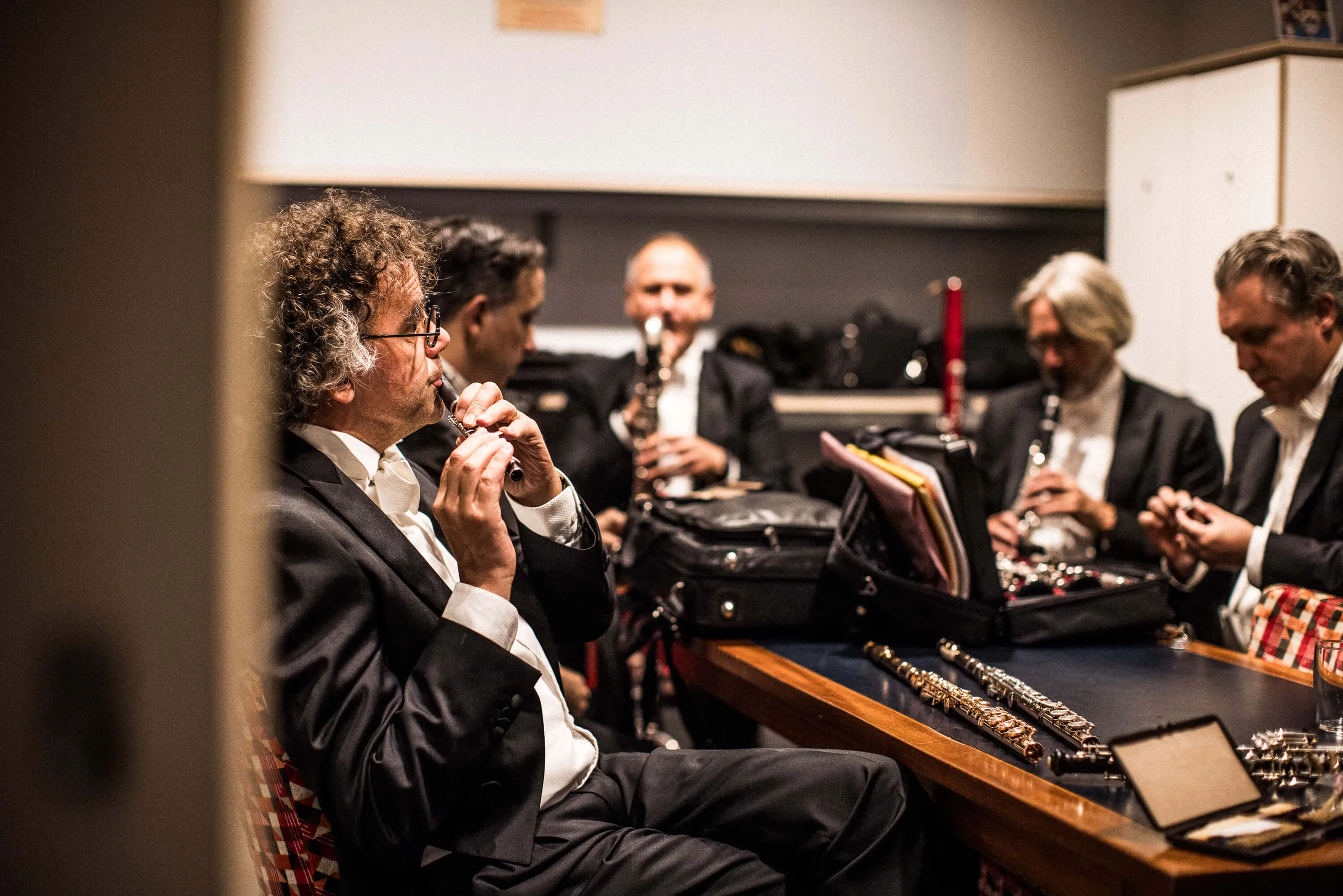
For children
Final Score - the Music Game
This free multiplayer game, aimed at young people aged approximately 10 to 16, has already been played 750,000 times by gamers around the world and is highly rated. The launch of two new worlds, Aria Tundra and Sporchestra Woods have been added recently, making the game complete. All music in this game was performed by the Concertgebouw Orchestra.

